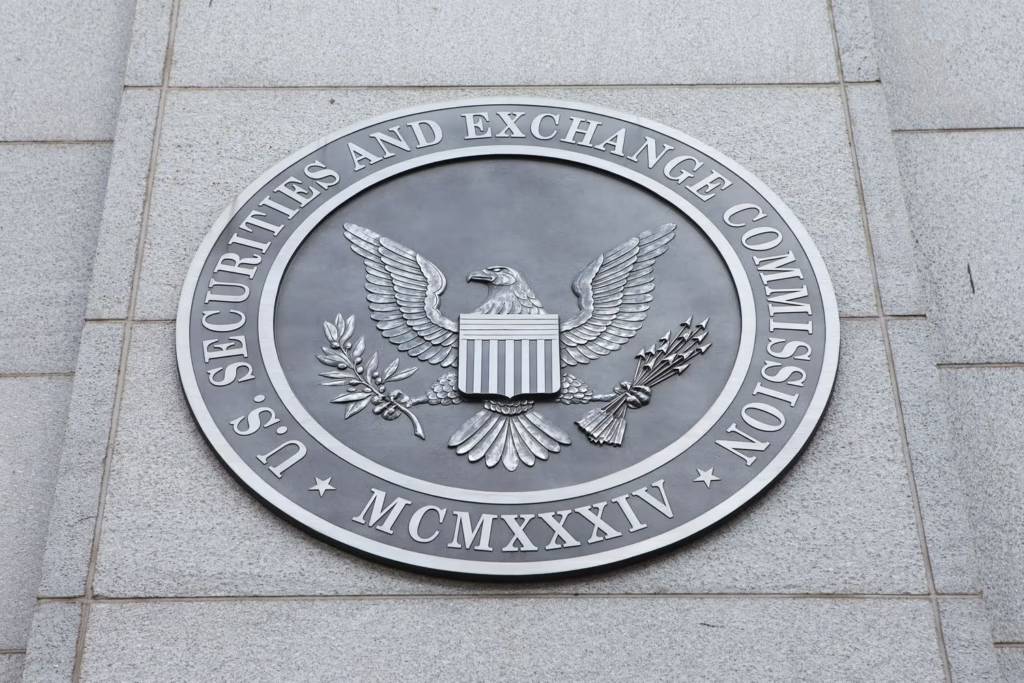TLDR
- The SEC accused Unicoin and its top executives of a $100 million fraud.
- They lied about asset backing, SEC registration, and sales figures.
- The SEC wants fines, bans, and repayment. One exec has already settled.
- This isn’t the biggest case under Trump’s second term, but it shows the SEC is still active.
The U.S. Securities and Exchange Commission (SEC) has filed lawsuit against the crypto project Unicoin, Inc. and three of its top executives, accusing them of orchestrating a $100 million scheme that misled thousands of investors.
According to the SEC, the New York City-based company and its leaders made false and misleading claims to sell certificates tied to their proprietary Unicoin tokens and common stock, luring investors with promises of asset-backed crypto offerings that never materialized.
The complaint, filed in the Southern District of New York on May 20, named Unicoin’s Chairman and CEO Alex Konanykhin, former head of the company and current board member Silvina Moschini, and former Chief Investment Officer Alex Dominguez as defendants.
The SEC alleges that the trio, along with the company itself, engaged in deceptive practices by promoting rights certificates that purportedly conveyed ownership rights to Unicoin tokens. These tokens were marketed as “next generation” crypto assets backed by an international portfolio of valuable real estate and equity stakes in pre-IPO companies,claims the SEC called fictitious.
“We allege that Unicoin and its executives exploited thousands of investors with fictitious promises that its tokens, when issued, would be backed by real-world assets including an international portfolio of valuable real estate holdings.” Mark Cave, Associate Director in the SEC’s Division of Enforcement, stated.
Notably, the SEC’s complaint outlined a broad and aggressive promotional campaign executed by Unicoin. The company placed advertisements in major airports, on thousands of New York City taxis, on television, and across social media platforms to attract investors. These efforts reportedly convinced more than 5,000 individuals to purchase rights certificates based on false assurances. Among the key misrepresentations were claims that Unicoin tokens were “asset-backed” by billions of dollars of real estate and private equity interests, a figure the SEC said is “never worth more than a small fraction of that amount.”
Furthermore, the company allegedly misled investors about having sold more than $3 billion worth of certificates when the true figure was closer to $110 million. The SEC also accuses Unicoin of falsely representing that its certificates and tokens were SEC-registered which was untrue.
Executives Accused of Misleading Investors
The complaint further accused Konanykhin of violating federal securities laws by offering and selling more than 37.9 million rights certificates to investors who were expressly prohibited from participating in the offering, an act allegedly designed to circumvent registration requirements. The SEC charges all three executives and the company with violating antifraud provisions, while Konanykhin and Unicoin face additional charges for violating securities registration laws. The agency is pursuing permanent injunctions, disgorgement of ill-gotten gains with prejudgment interest, civil penalties, and officer-and-director bars against the individuals involved.
In addition to the three executives, the SEC’s complaint implicated Unicoin’s general counsel, Richard Devlin, accusing him of negligence in making similar misstatements in private placement memoranda. Although Devlin neither admitted nor denied the allegations, he consented to a final judgment that includes permanent injunctive relief and a $37,500 civil penalty.
Notably, this legal battle has been brewing for some time. Unicoin’s CEO, Alex Konanykhin, publicly rejected an SEC settlement offer in April 2025, describing the regulator’s demands as unacceptable. In a letter to investors, he claimed the SEC’s actions caused the company and its investors multi-billion dollar damages, and argued that Unicoin would probably be a $10 billion+ public company today if the SEC hadn’t blocked our ICO, listing on the stock exchange and raising funds.
The rejection of the settlement came after Unicoin received a Wells Notice in December 2024, a formal warning that enforcement action was imminent.
SEC Acts Despite Trump Shift
That said, this case marks one of the SEC’s most significant enforcement efforts in the crypto space, coming amid a broader regulatory landscape that has seen fluctuations in oversight intensity. Following changes in administration and leadership at the SEC, some enforcement actions against major crypto firms were paused or dropped. However, the SEC’s aggressive stance in this case highlights its continued vigilance against fraudulent practices in emerging digital asset markets.
